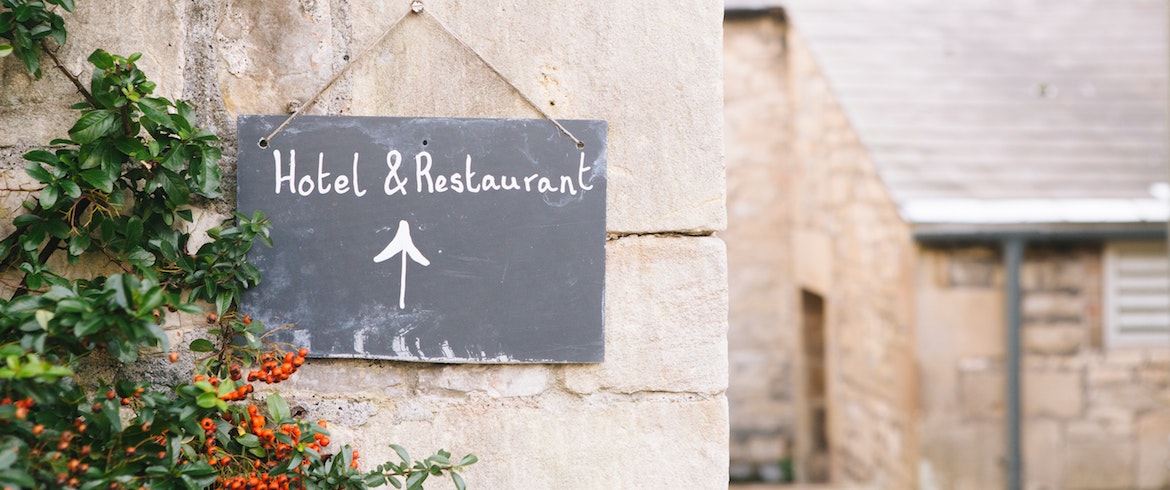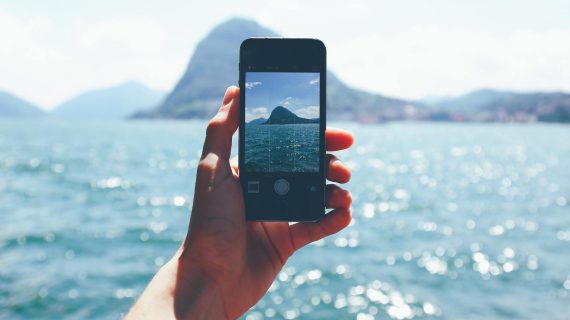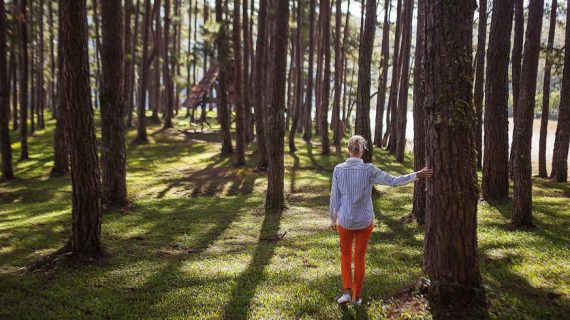The world has changed, perhaps forever. The Coronavirus pandemic has turned our lives upside down and brought immense concern and great uncertainty. But one thing is for sure. Once the quarantine is over, once we leave our homes, we should learn to live with the virus, adapting and changing our habits. The time has come to think and organize our near future. We know that Coronavirus has already had and will also have important economic consequences and that tourism is one of the sectors most affected by this crisis. But something can be done and something must be done.
The tour operators have not stopped and have already collected ideas to start again, to find a point of mediation between work, the desire to go on vacation and the need for safety. Today we want to help you with some tips to understand how to get you ready for life after lockdown, naturally waiting for the official directives and aware that we are in a constantly evolving situation.
Prepare your hotel after Covid-19
These days we heard talks about proximity tourism, distance between people and umbrellas, but in practice what can all the managers of hotels and farmhouses do to be ready to welcome guests as soon as possible? Let’s see how hospitality will change and some actions to put into practice immediately.
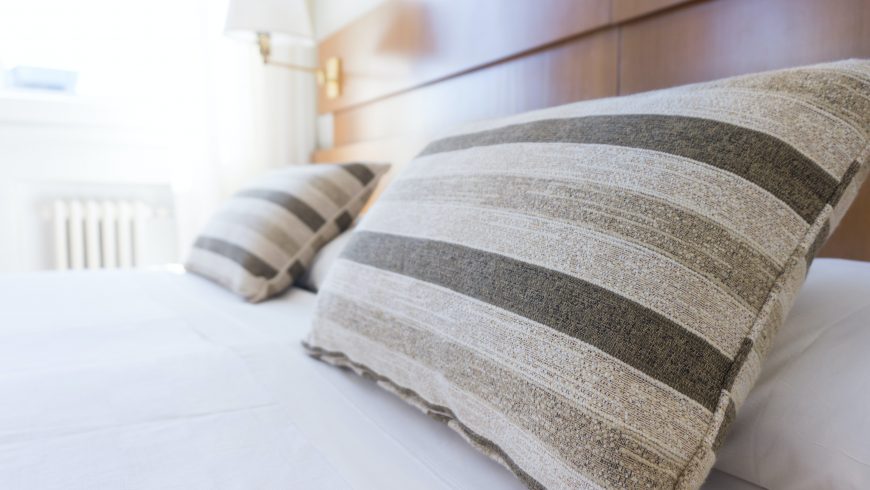
Holidays without crowds
It is probable that destinations close to nature, small villages and parks, where it is easier to respect social distancing, will be preferred.
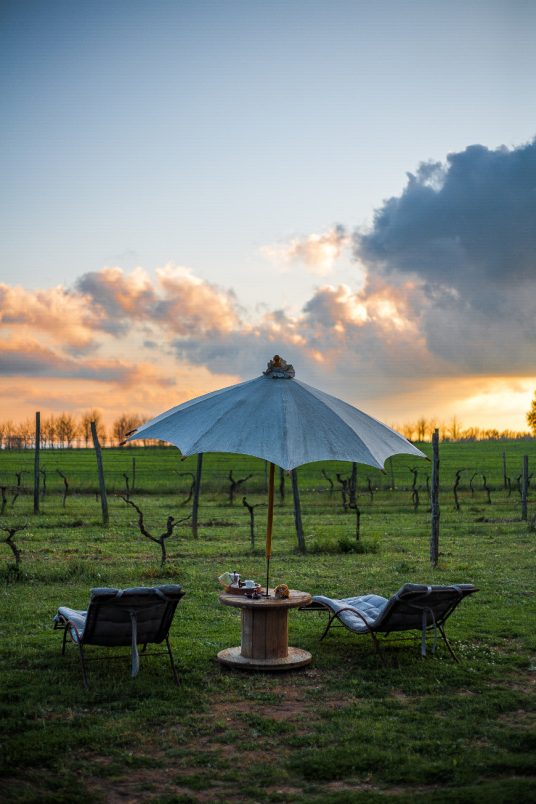
New hygiene standards
True, hotels always respect high hygiene standards. Due to Covid-19, however, excellent hygiene processes will be required in all areas of the facility. From the hall to the elevators, from the rooms to the common areas, everything must be sanitized and safe at all times.
Guidelines for the management of Covid-19 in the accommodation sector have been published on the WHO website. The World Health Organization recommends avoiding the use of clothes or other absorbent materials, preferring disposable materials.
Rethinking spaces
Each hotel will have to find its own solution to continue guaranteeing its services to guests and always allowing the right distance. For this reason it will be necessary to remodel the spaces, think about the installation of protections and, where possible, prefer outdoor spaces.
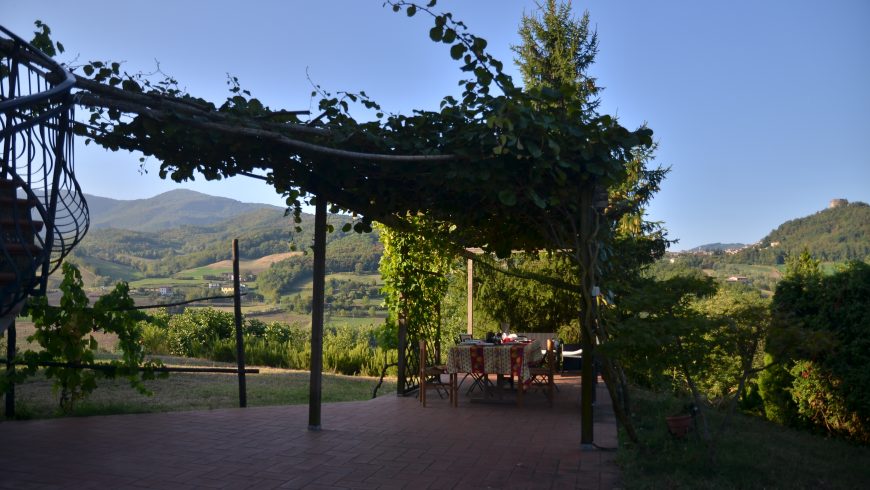
Cancellation policy
Among the things we have learned in this period is that anything can happen, anytime. In this phase still characterized by uncertainty, where you cannot be sure of what will happen, it is essential to allow our guests to cancel their reservation at any time and at no cost.
New ways to check-in
The first change will be in the way of welcoming each guest. It will be necessary to organize a reception without human contact, for example by choosing electronic devices that allow a DIY check-in. Same for check-out.
Room cleaning
The WHO guidelines underline the importance of cleaning the rooms. The objects that are touched most often, such as the handles of the doors and furniture, the buttons of the lift, the switches, the remote controls, etc., must be carefully sanitized. The sheets and linen must be machine washed at 70 ° C or more.
Daily room cleaning should be avoided, as should any other daily cleaning programs that guests can opt out of.
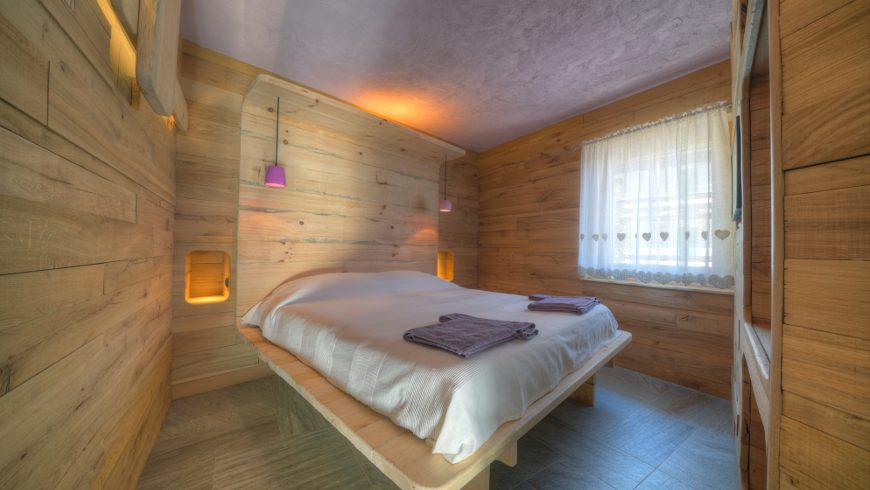
Protection against Covid-19
We are learning about them, and start to using them. In the coming months, face masks cannot be missing and personal protective equipment must be available to everyone. In different environments it will be necessary to install dispensers for the sanitizing gel so as to allow guests to wash their hands at any time.
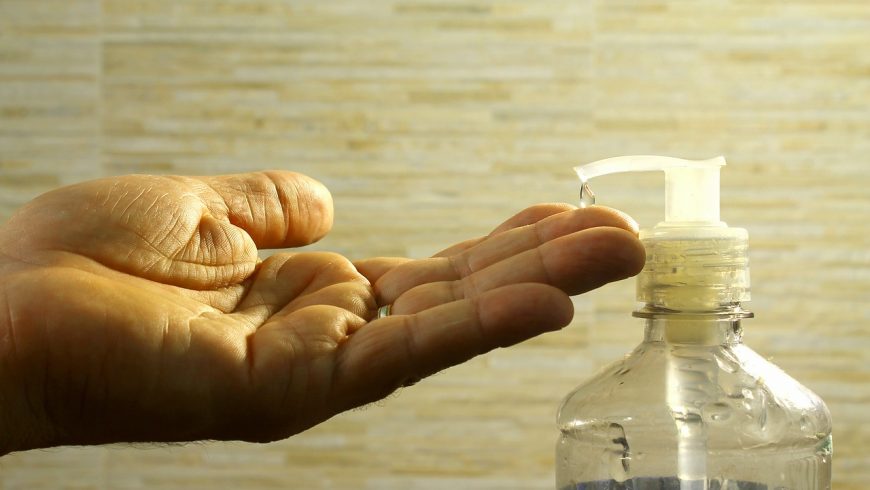
The restaurants
One of the aspects of your hotel that will have to change most in order to live with Coronavirus in safety will be that of food service. The goal is always the same: to minimize contacts and ensure social distancing. The tables inside the room must be at a minimum distance of one meter, the waiters must wear face masks. The buffets must be avoided and, in cases where this is not possible, stratagems must be found to allow each guest to come into contact only with the food he will consume and to maintain a distance of one meter with the others. For example, you can think of ready-made portions, dispensers of jams and similar products. Glasses and cutlery must be disposable, made of paper in order to be sustainable.
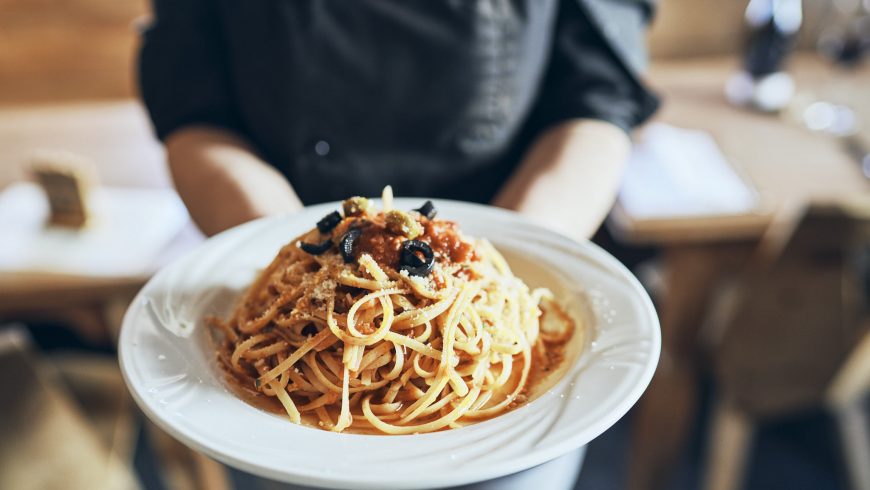
Some accommodations may think of offering breakfast in the room, or meals in comfortable takeaway baskets, which can be consumed by travelers where they prefer.
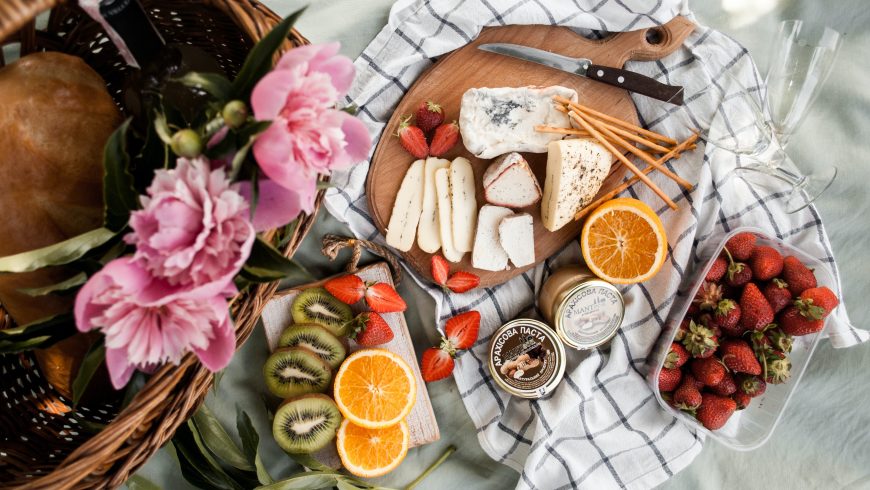
Communicating hospitality in the time of Covid
In this moment of isolation it is essential to stay close to the guests, maintaining a continuous and positive relationship with your online community. For example, you can update them on the security measures you are implementing, to improve your hotel and ensure their safety. You can share your restaurant’s recipes with photos and videos, so you can cook together even if far apart. Or simply remember the moments spent together, asking them how the quarantine days go by.
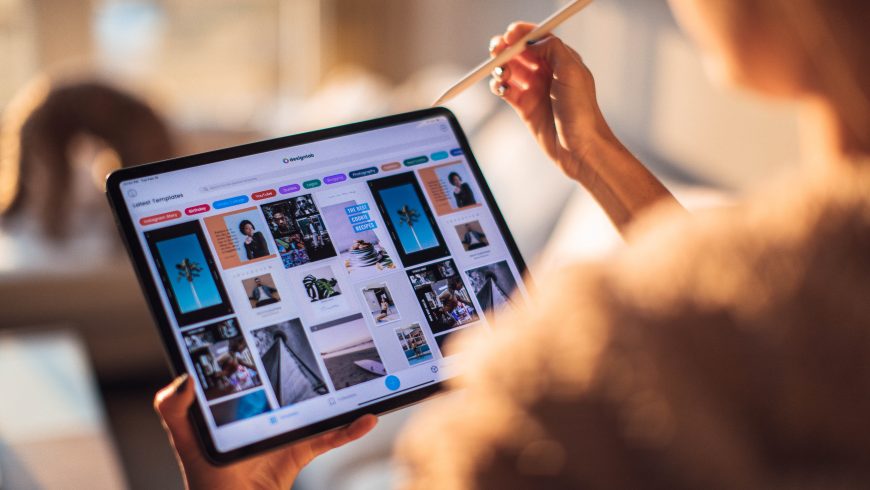
Cover image via unsplash
